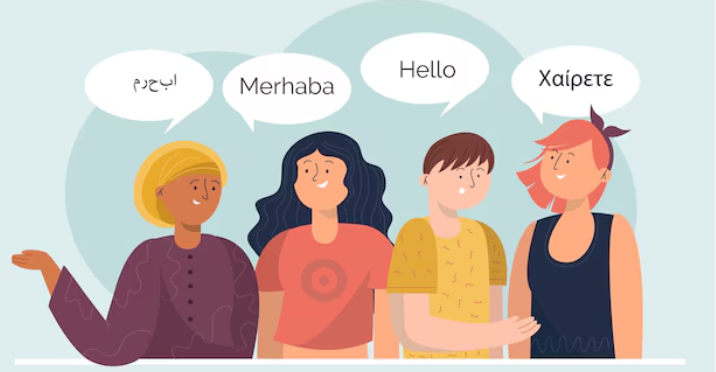Brazilian and European Portuguese: What is the Difference?



Portuguese language, one of the five most spoken languages internationally, is recorded rich in history. When Latin ceased to evolve as a language and gradually was replaced by the language now spoken by over 260 million people, it is a story of culture mongrelization, colonialism, and discovery. Linguapol has kept that tradition alive as it currently provides Portuguese courses online given today’s generation's needs.
The history of Portuguese goes back to the Roman invasion of the Iberian Peninsula which started in 218 BC. Latin which came with the Romans forms the basis of most of the Romance languages and hence; Portuguese is a Romance language. Over centuries Vulgar Latin, which people spoke, underwent an evolution with inherent non-Classical elements, merging with local Galician-Roman dialects to form the base of what is modern Portuguese.
In the 5th century AD culture and art of Visigoths of Germanic origin began to influence the region. Following this, in the period of the Moors (711–1249 CE), took more than one thousand loan Words into the Portuguese language some of which are used to this very day. For example, the word ‘azeite’, for olive oil, and ‘alface’, for lettuce, has roots in Arabic.
Old Portuguese had become a distinct language when Portugal was gaining its independence as early as the twelfth century. The Portuguese language in writing was born in the thirteenth century during the process of the formation of Portuguese literature.
The Age of Exploration 15th-17th century was a dramatic period for Portugal and the Portuguese. Thanks to the explorers, such as Vasco da Gama and Ferdinand Magellan the language started to penetrate other parts of the world like Africa, Asia, and America. By assimilation of this period, Portuguese was entrenched as a world language which impacted the local tongues as well as borrowing lexicon from the locals.
Today, you can say that Portuguese is used in countries like Brazil, Angola, Mozambique, Portugal, and many more. The two primary ones are the regions that have two subgroups; European and Brazilian Portuguese as they are distinct regions.
The Portuguese language opens a vast of other important sides of life such as literature, music, food, and even history. Whether you are interested in Brazilian dancers’ samba or the Portuguese singers’ fado – the language gives a key to understanding.
With Linguapol, you get a great online Portuguese course coupled with lessons suitable for learners at different learning stages. Whether you’re a beginner or seeking to refine your skills, our Portuguese courses online include:
• Interactive Classes: Take a fun and effective online classes with the best Portuguese teachers.
• Flexible Schedules: Learn the Portuguese language in our online classes as per your convenient time.
• Certification: Recognition through our online Portuguese course with certificate programs.
• Immersive Lessons: Learn pronunciation and vocabulary and more with live Portuguese language programs on the internet.
You can expand your knowledge of the Lusophone world from your home since we have established Linguapol’s online learning Portuguese language programs.
Begin your learning adventure with Linguapol’s Portuguese class online and let yourself be introduced to the history and tradition of the Portuguese-speaking nations. So, welcome the journey and come and learn the Portuguese language online in order to join millions of people. For people seeking online classes where they can freely study Portuguese or wanting to get a Portuguese language online course, Linguapol is a reliable solution.